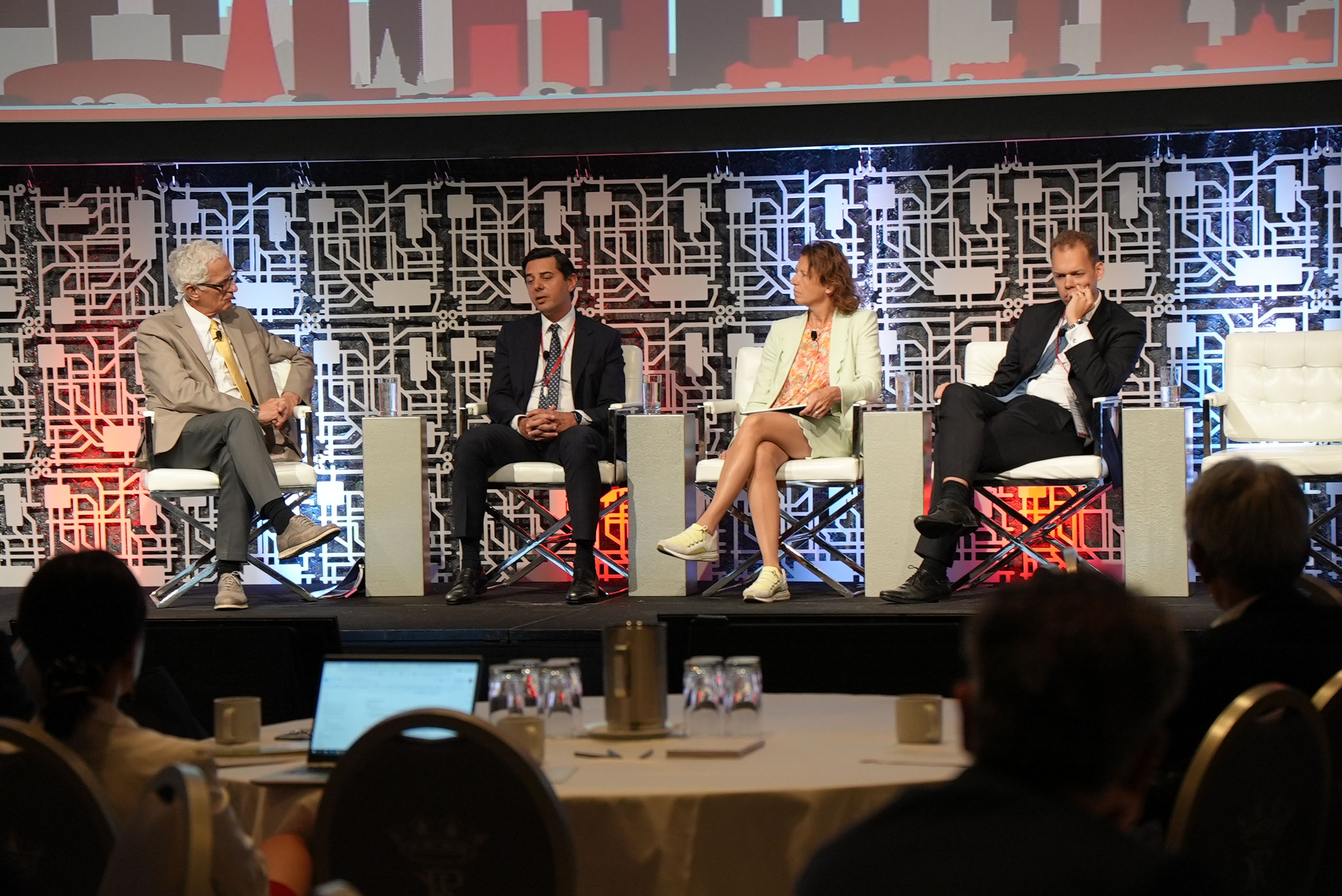
Ziad Hindo on managing risk and general liquidity of assets.
As a pension plan, we have a fiduciary responsibility to pay pensions. We need to have the right liquidity framework in the event of a disruptive market to not only ensure we can continue to pay pensions but also to avoid becoming a forced seller. For us, we built a risk-balanced portfolio that can perform well across different economic conditions. We do this by mixing public and private securities, and the different investment horizons, geographies, and sectors.



